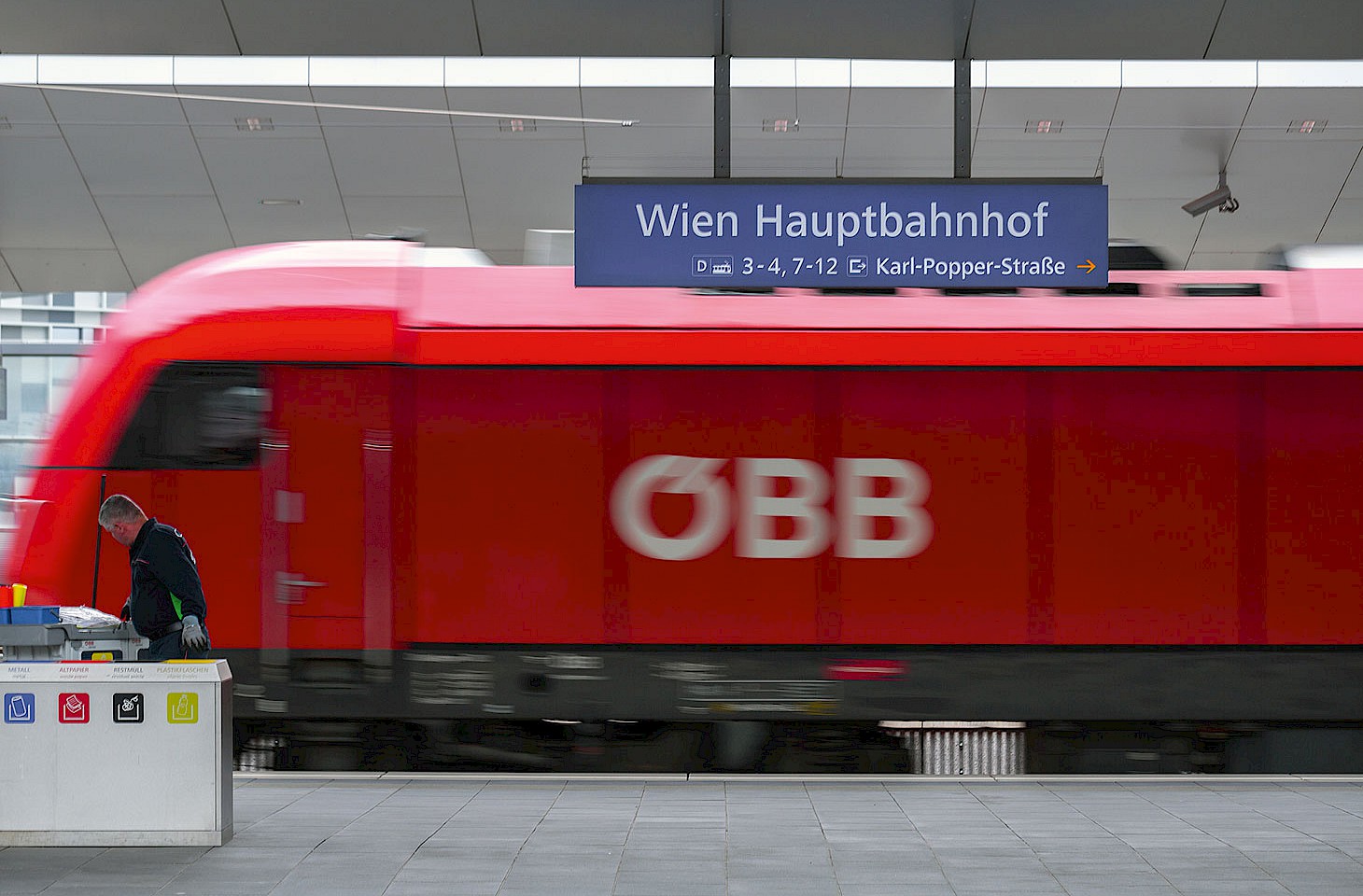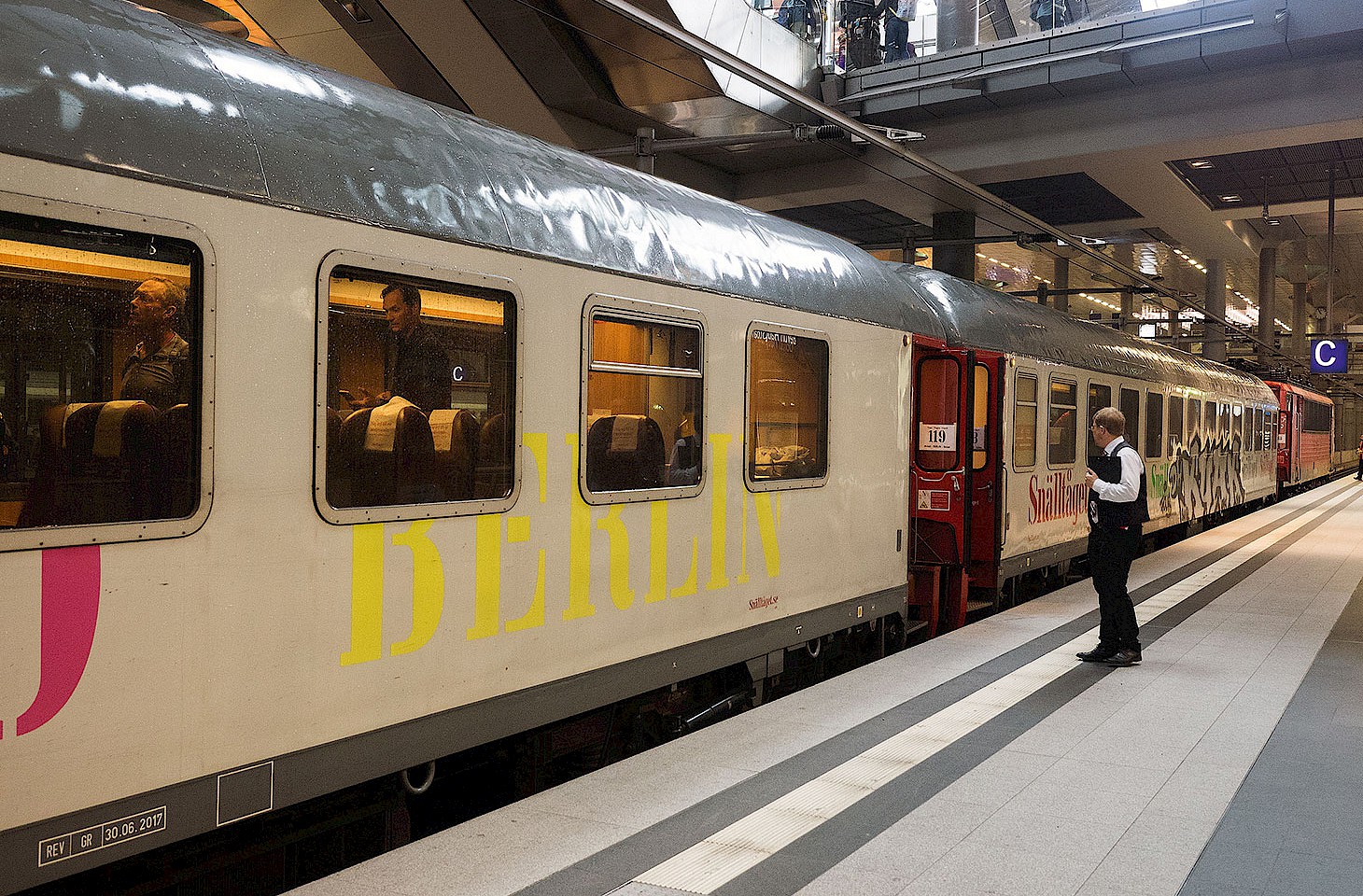The landscapes of many parts of northern Bohemia and southern Saxony are very similar. Scarcely surprising as these regions of the Czech Republic and Germany abut one another. Issues of language, culture and history may divide them, but when it comes to the countryside and villages they are pretty nigh identical. Wander through some of the little villages on the Czech side of the border, and, with their gables and wooden beams, they could hardly be distinguished from those in Germany just a stone's throw away to the north.
from Hermann Melvill, 'Moby Dick', 1851, chapter 51They had dumplings too; small, but substantial, symmetrically globular, and indestructible dumplings.
Enter a country restaurant, and you are likely to find Germans drinking Czech beer. But there is one issue that still truly divides the two countries - and that is the dumpling.




